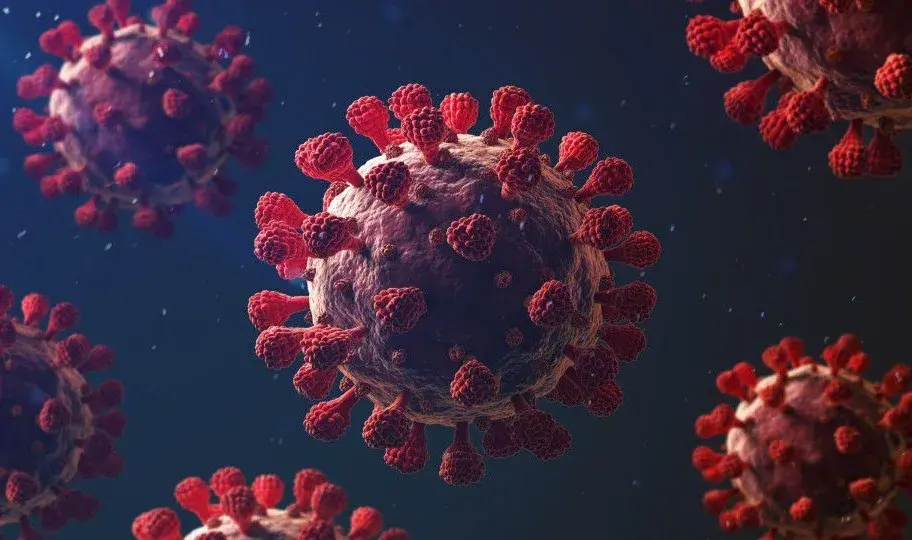Scientists Concerned About New COVID Variant ‘JN.1’ with Increased Infectiousness and Potential Vaccine Immunity Evasion
Scientists are expressing concern about the latest COVID-19 variant, named ‘JN.1’, as it appears to be more infectious and potentially capable of evading vaccine immunity. This variant was first identified in Luxembourg on August 25, 2023, and has since been detected in several countries, including England, Iceland, France, and the United States. What particularly worries scientists is the significant number of genetic differences in JN.1 compared to other prominent COVID strains like XBB.1.5 and HV.1. XBB.1.5 is the primary target of the latest vaccine boosters in the United States, and most new variants are descendants of this strain, indicating that existing vaccines are effective against them. HV.1, while somewhat different from XBB.1.5, shares similarities with its parent strain. However, JN.1 stands out due to its substantial divergence. In comparison to XBB.1.5, HV.1 has ten additional unique mutations, but JN.1 boasts a striking 41 additional unique mutations. A significant portion of these mutations is found in the spike protein of the virus, which is associated with increased infectivity and potential immune evasion. This raise concerns that current vaccines may not be as effective against this variant. Dr. Thomas Russo, the chief of infectious diseases at the University of Buffalo in New York, stated that JN.1’s spike protein mutation makes it particularly adept at evading the immune response, which could lead to a higher risk of infections. Moreover, there is some evidence suggesting that JN.1’s parent variant, BA.2.86, may be more transmissible than earlier versions of the virus. This high degree of variability in the spike protein, which was first observed in the alpha and beta versions of SARS-CoV-2 in 2021, is a noteworthy aspect of JN.1’s genetic makeup. While these developments raise concerns, the U.S. Centers for Disease Control and Prevention (CDC) have indicated that initial data suggests updated COVID vaccines should still provide protection against JN.1. They also stated that treatments and testing measures are expected to remain effective against this variant, based on an analysis from the federal government’s SARS-CoV-2 Interagency Group.

